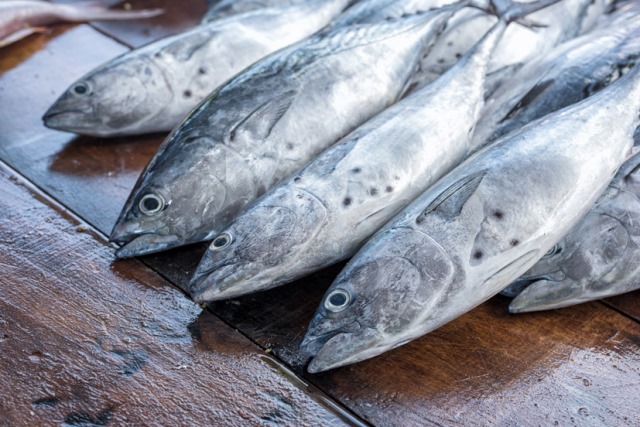A recent workshop organised by the Food and Agriculture Organization (FAO) in collaboration with the European Union saw 50 aquaculture and fisheries experts from 19 Latin American and Caribbean countries gather to discuss the promotion and implementation of the Guidelines for Sustainable Aquaculture (GSA). This initiative is part of the FAO’s ongoing efforts to align regional practices with international standards.
The GSA represents the first global framework for aquaculture and aims to address food security challenges as the global population is projected to reach 9.7 billion by 2050. The guidelines focus on improving the sustainability of the aquaculture industry, which currently contributes over 15 million tonnes of fishery and aquaculture products annually in the region. Since 2000, the aquaculture sector in Latin America and the Caribbean has grown at an average annual rate of 7.7%.
The meeting included representatives from key organisations like Infopesca and the Binational Authority of Lake Titicaca, as well as several national governments. Attendees reviewed the current state of aquaculture and discussed how to tailor national policies, governance structures, and training initiatives to meet GSA principles. Recommendations were also made for the Commission on Small-Scale Fisheries, Artisanal Fisheries, and Aquaculture for Latin America and the Caribbean (COPPESAALC) to identify local development gaps and align practices with the GSA framework. The event highlighted the region’s significant potential to expand sustainable aquaculture, improving food security and supporting healthy diets for millions across the area.


